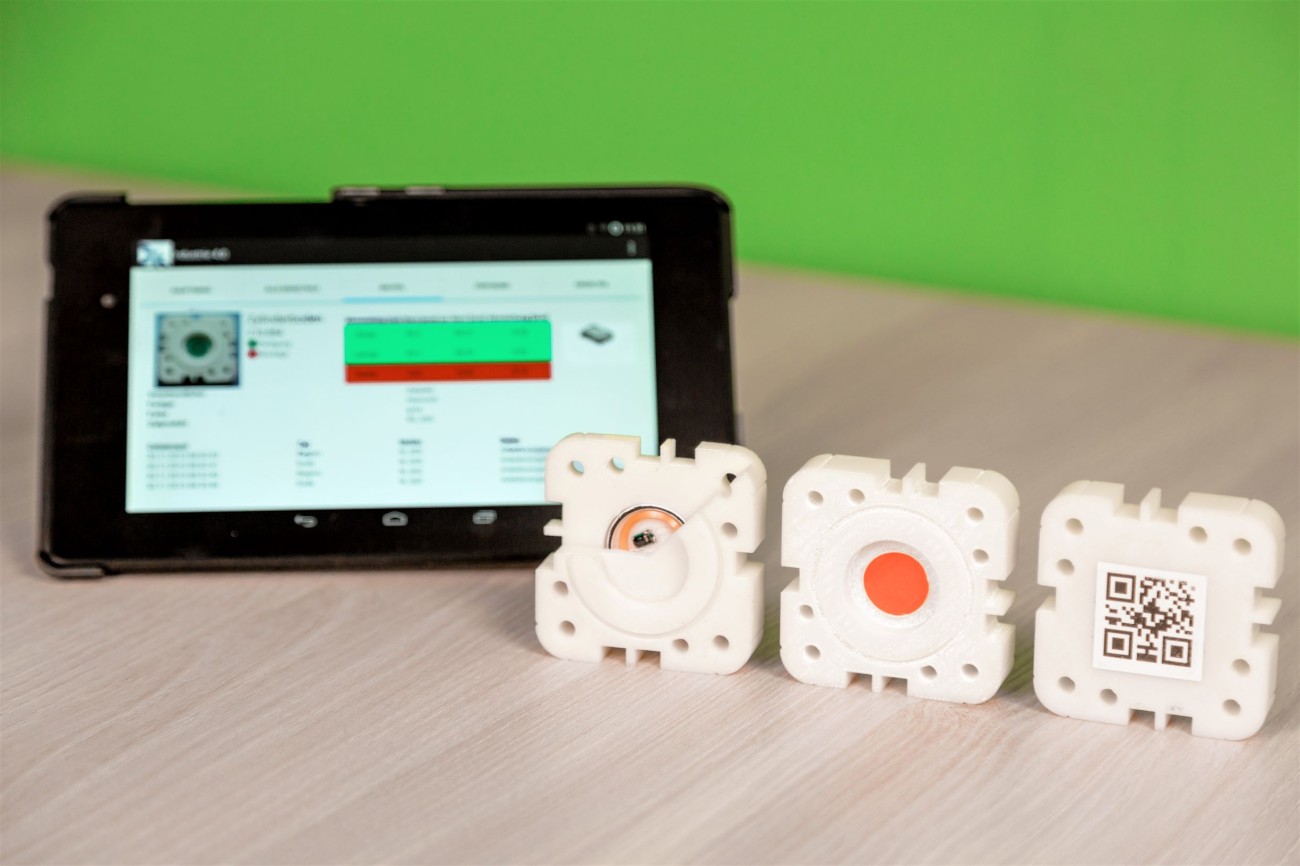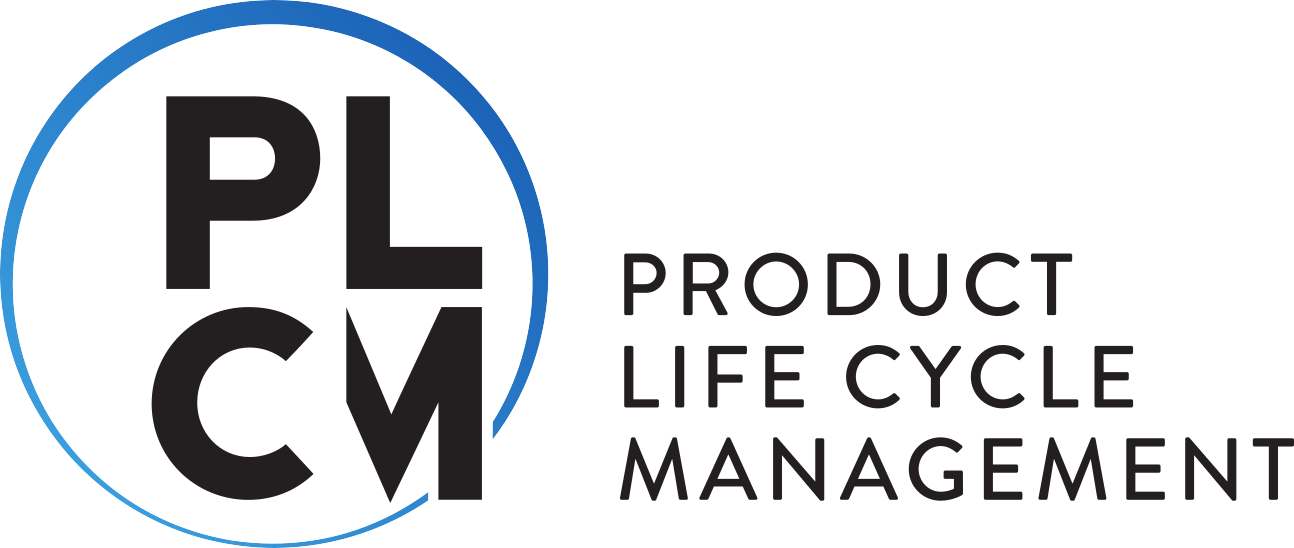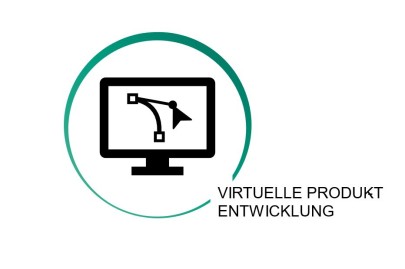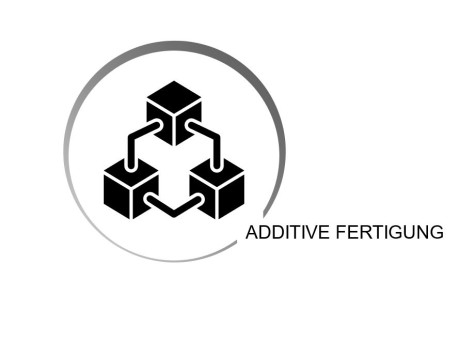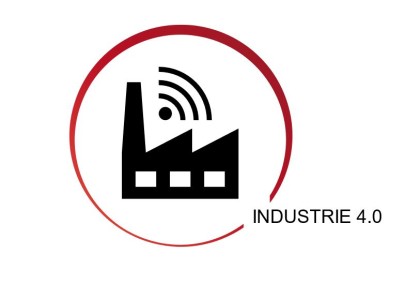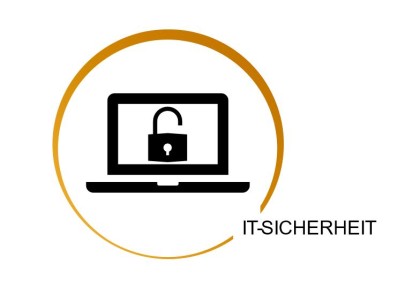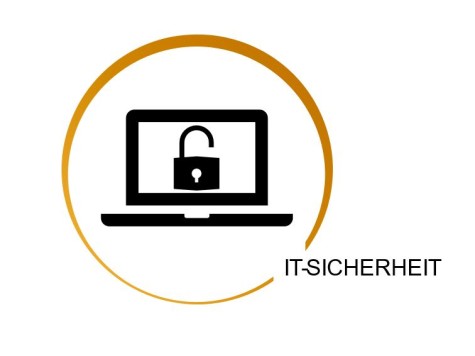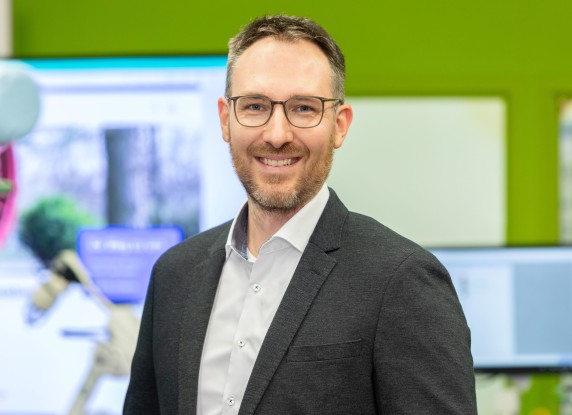Research fields
Advanced Systems Engineering


The research field Advanced Systems Engineering integrates the topics of Systems Engineering and Advanced Engineering for the design of Advanced Systems.
This includes the development, implementation and validation of interdisciplinary development methods, approaches to agile work design and human-centered user interfaces for the design of advanced systems, such as cyber-physical and product-service systems.
In research projects, these methods and approaches are implemented and validated together with industrial partners. At the same time, there is a continuous transfer of knowledge to German SMEs. In addition, special teaching and learning laboratories provide opportunities for theoretical and practical competence development in the field of ASE.
Digital Twins


Digital twins are digital representations of physical product or service instances and form a key technology for Industrie 4.0 and product-service systems. At the PLCM, the scientific foundations of digital twins are researched and, at the same time, concrete use cases are developed that make practical use of the theoretical concepts. In the research field of digital twins, different requirements and views of digital twins are researched in detail, which complement each other and represent a broad overall concept. In the PLCM research lab, the different facets of digital twins are demonstrated using prototype implementations.
Data-driven sustainability


The carbon footprint is the most important indicator for determining the ecological environmental impact of products. The product-specific CO2 footprint is a partial result of the life cycle assessment, the preparation of which requires the recording of all material and energy flows over the entire life cycle. The challenge is, in particular, to collect all necessary data from the product life cycle and to evaluate them appropriately. Particularly in the early phases of product development, however, this data is not available in sufficient quality and must be predicted. Therefore, methods and data-driven approaches are being developed at the Product Life Cycle Management department in order to integrate the CO2 footprint as a control variable in product development and thereby increase the decision quality at critical points in terms of ecological sustainability.

